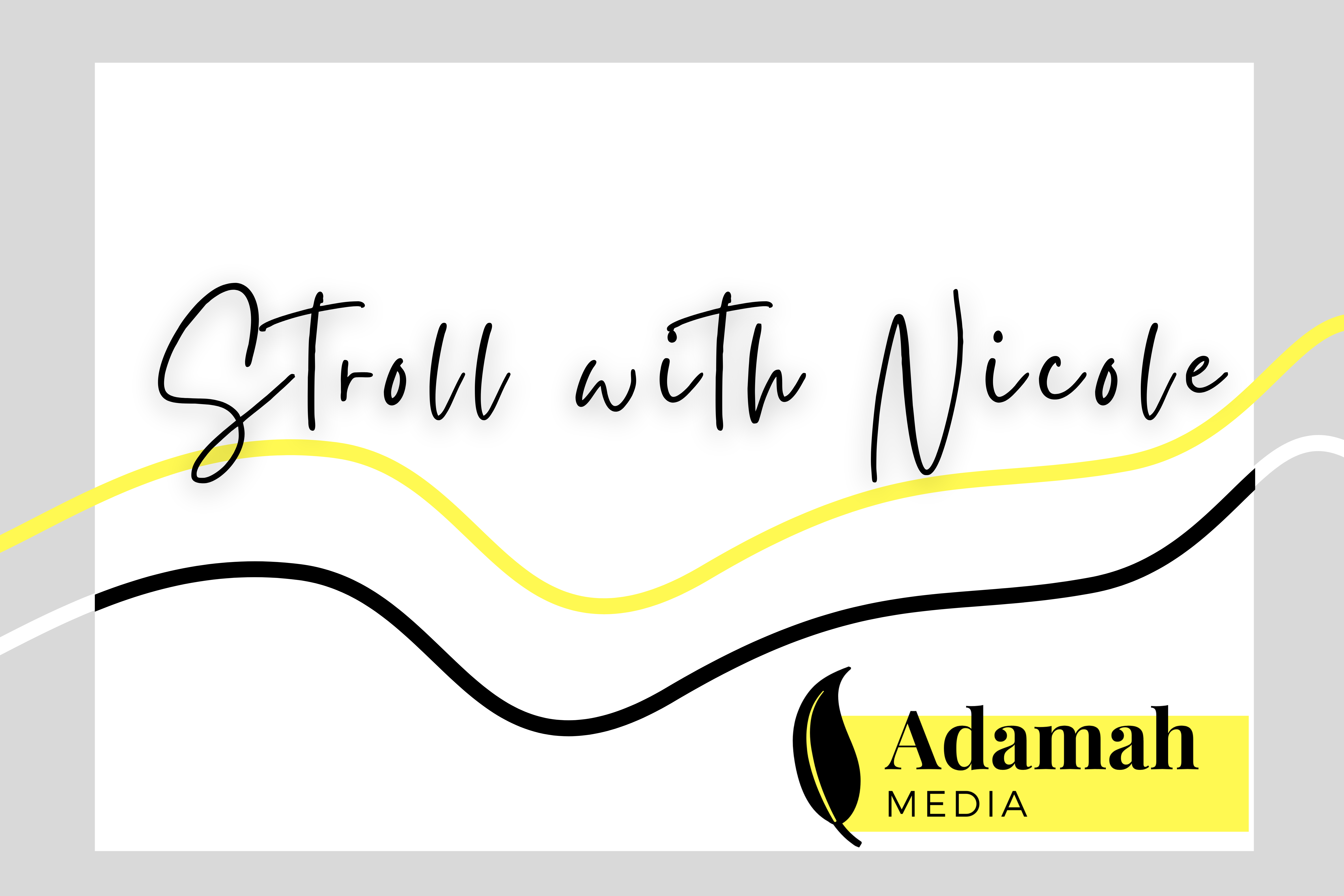
In praise of libraries
Don’t take for granted the treasure on your doorstep – as libraries in various countries are opening up again, Prakarsh Singh sings their praises.
For me, a library is more than a storehouse of knowledge and books. It gives me space to think afresh, patiently allowing ideas to seep in, watering my brain’s soil with the insights of some of the greatest thinkers who have ever lived. In modern comfort, I rub shoulders with ancient geniuses like Tolstoy, Harari, Plato, Aurelius and many others. How can I get bored in a library?
It’s like being in the same place and age as those who inspire you, who know more than you and with whom you would love to spend time. When I am browsing the bookshelves (usually in the non-fiction aisles), a book can appeal to me like a flower might appeal to a bee. As I seek its nectar, it spreads its pollen over me and my neural network makes a new connection.
The nectar for me is discovering new ideas from these thinkers, which then lead me to the honey of my own thoughts, that I in turn can share with fellow busy-bees.
As bees delve into a plant to seek their prize, so I delve into books. I might find this “nectar” in the first chapter or on page 42. You never know when you’ll get the ‘aha’ moment.

Then it’s time to move on to the next rose, lotus or hibiscus. Biology, biography or Byron.
Just as a wildflower bed evolves to have the right amount of scent and colour, so does a library. As the beauty and richness of the flora persists even as the collection of wildflowers changes, so libraries have stood the test of time.
When I take my son to the library, he loves to be read Dr Seuss, Julia Donaldson and anything that has sharks in it. He browses through picture books, comics, hard covers, and books that have shark holograms on their covers. When I read some of these books to him, it allows us to foster a father-son bond. It’s not even about what’s in the book – it’s the experience of listening to a story with rapt attention just as a child would have listened to his parents millennia ago, centuries before the printed text.
A story that has a beginning (life in the ocean), some conflict (a shark) and a happy ending (usually for the shark!). All the while we are safely perched on the library island. Indeed, as Lemony Snicket put it, a ‘library is like an island in the middle of a vast sea of ignorance’.

A rendezvous with a book is nothing short of a love affair (don’t tell my wife! And besides, in this case, there’s nothing unfaithful about the tryst). It immerses you and tugs at your heart. If you take a library book home to read before sleeping, you can listen to the voice of the author when you dream. You hold it with both hands while you are travelling in a bus and sometimes smell the paper too. “I have always imagined that Paradise will be a kind of a library,” wrote the mystical Argentine author Jorge Luis Borges.
A library is a unique leveller: it does not discriminate between the rich and the poor; between the immigrant and the local; between the religious and the atheist.
It offers its nectar to all. It allows me to place holds on books I want to read and collects them for me at my local location from across several public libraries here in Seattle. I have started experimenting reading on Kindle and listening to audiobooks. These are also available at no cost from the library’s website.
While there are rules on what books or digital material someone can borrow and by when they have to return it, I have noticed that a prescribed due date allows me to speed up my reading. Libraries can also serve as spaces for personal tutors, toddler story sessions, teaching IT to the elderly, getting tax advice and being part of book clubs. They are safe spaces for teenagers. Moreover, they may be one of the last reserves where targeted marketing by data gobbling companies has not reared its ugly head.
You can explore unhindered by data-driven recommendations and allow serendipity to take the lead in building the mind. I often do my work writing in the library. It’s a marvellous place for those who are ‘working from home’.
But won’t libraries go obsolete with the internet? We can either download or purchase everything we need from the comfort of our home, or the discomfort of our office. Yet then we’d lose the physical environment of learning, even the wise dust of the books – like the nectar’s enticing aroma. Being physically surrounded by wisdom – and other people searching for it – helps create a thinking being.
An institution has three main functions: first, it affects the behaviour of a set of individuals within a given community. Second, it has a social purpose, transcending individuals, and finally, it helps structure social interactions. Libraries are among the most important institutions we have remaining today. They allow citizens young and old to open their minds to the best thinkers who ever lived, spurring their creativity and helping them learn from and bond with each other.
Sometimes, it does take an Einstein to know that ‘the only thing that you absolutely have to know is the location of the library’.
Like what you’ve read? Consider supporting the work of Adamah by making a donation and help us keep exploring life’s big (and not so big) issues!

